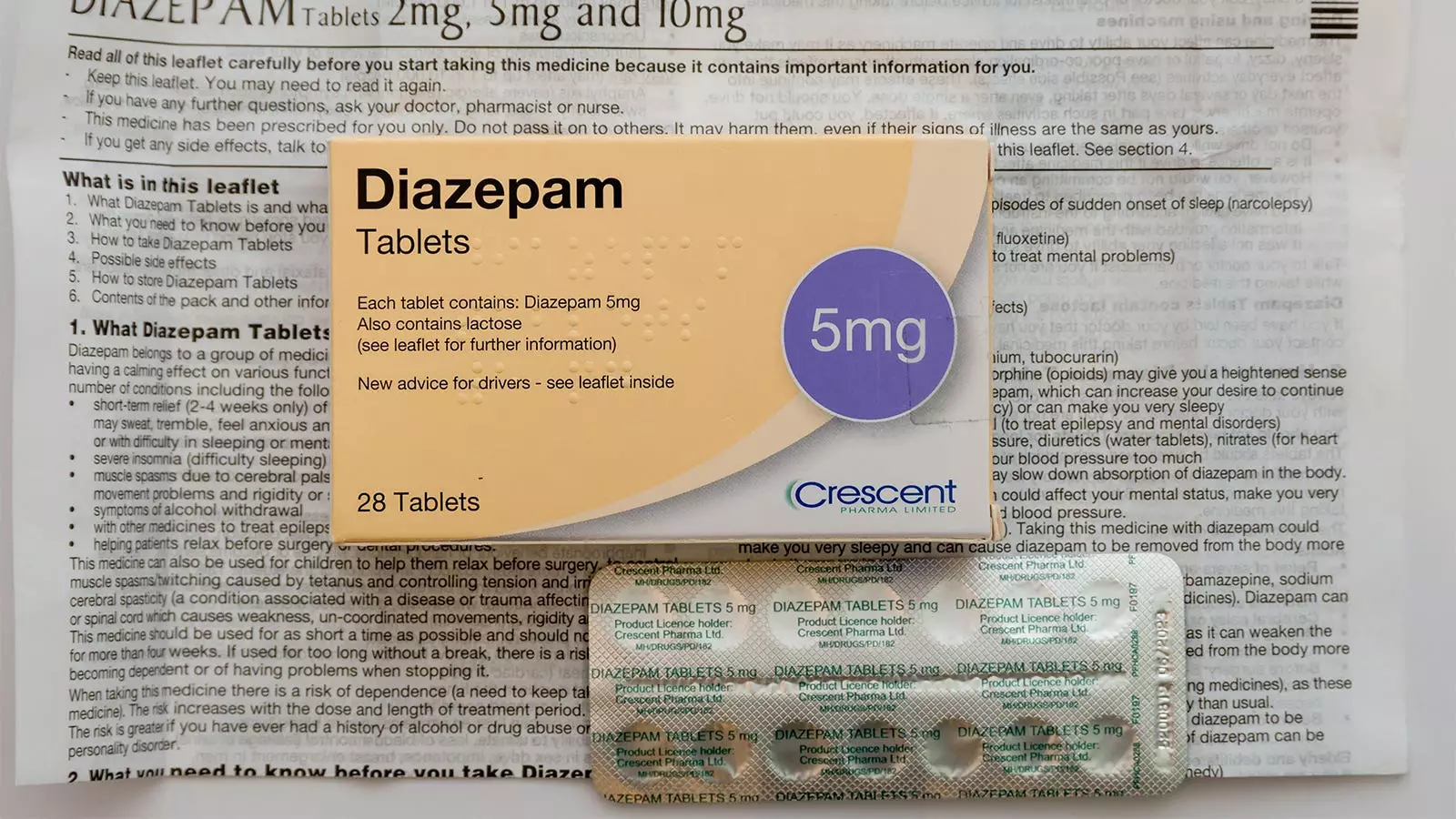Progressive supranuclear palsy (PSP) is a neurodegenerative disorder that affects motor function and cognition. A recent post hoc analysis conducted by Anne-Marie Wills, MD, MPH, and her colleagues at Massachusetts General Hospital in Boston, has shed light on the potential impact of benzodiazepine derivatives on the progression of PSP. The study revealed that individuals with PSP who were prescribed benzodiazepine derivatives experienced a faster decline in PSP Rating Scale (PSPRS) scores compared to those who did not take these medications. This finding has raised concerns regarding the common clinical use of benzodiazepines in treating symptoms associated with PSP, such as insomnia and anxiety.
Wills and her team conducted a secondary analysis of data from a phase II/III clinical trial that assessed the efficacy of the drug davunetide for PSP. The analysis included 305 participants, both from the davunetide and placebo groups. Among the study participants, 14.43% took benzodiazepines, while 12.46% took benzodiazepine-related drugs. The primary outcome measure was the change in PSPRS scores over the course of 52 weeks.
The study found that participants who took benzodiazepines experienced a significantly higher rate of PSPRS score worsening compared to those who did not take these medications. The difference in scores became apparent at week 39 and week 52. After adjusting for factors such as baseline disease severity and benzodiazepine indications, the researchers observed that participants taking benzodiazepines had a mean worsening of 17.1 PSPRS points per year, whereas those not taking benzodiazepines had a mean worsening of 9.9 points per year.
The findings of this study raise concerns regarding the clinical use of benzodiazepines in managing symptoms of PSP. Despite their effectiveness in treating insomnia, anxiety, and other indications associated with PSP, the study suggests that benzodiazepines may accelerate disease progression. This warrants a careful evaluation of the risk-benefit ratio when prescribing these medications to individuals with PSP.
While this study establishes an association between benzodiazepine derivatives and a faster decline in PSPRS scores, it does not establish a causal relationship. The researchers acknowledge the limitations of the study, including confounding by unmeasured variables and bias in the retrospective observational analysis. Additionally, the study only included individuals with Richardson’s syndrome, which limits the generalizability of the findings to other variants of PSP.
Future research should aim to better understand the mechanisms underlying the potential negative effects of benzodiazepine derivatives on PSP progression. Randomized controlled trials could help establish a causal relationship and clarify the impact of different benzodiazepine types, doses, and durations of exposure on PSPRS scores. Longitudinal studies with larger sample sizes would also provide more robust evidence of the association between benzodiazepines and PSP progression.
The post hoc analysis conducted by Wills and her team suggests that benzodiazepine derivatives, commonly prescribed to individuals with PSP, may be associated with a faster decline in PSPRS scores. This finding highlights the need for careful consideration of the potential risks and benefits of benzodiazepine use in managing symptoms of PSP. Further research is required to establish a causal relationship and explore alternative treatment options that do not hasten disease progression.


Leave a Reply